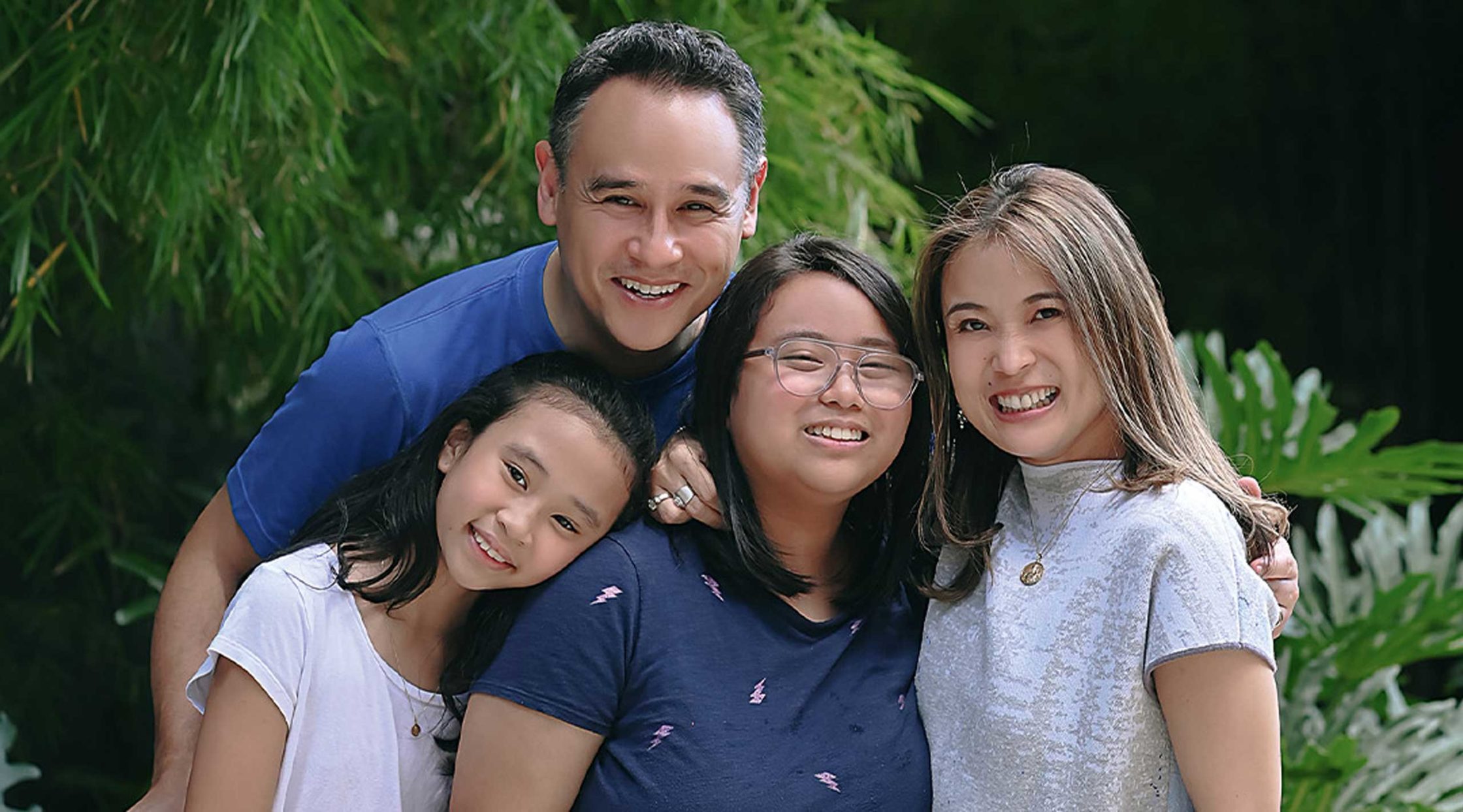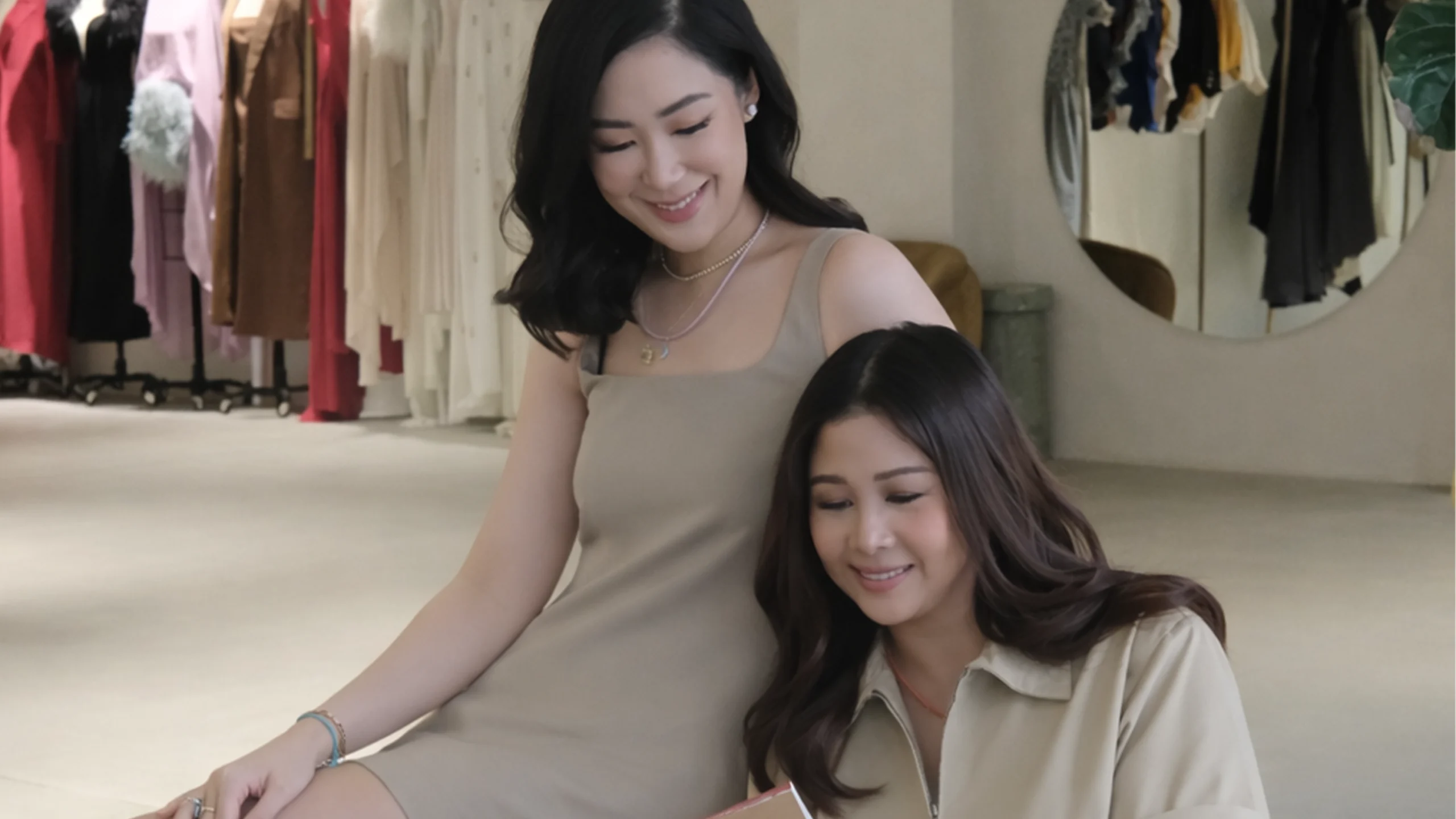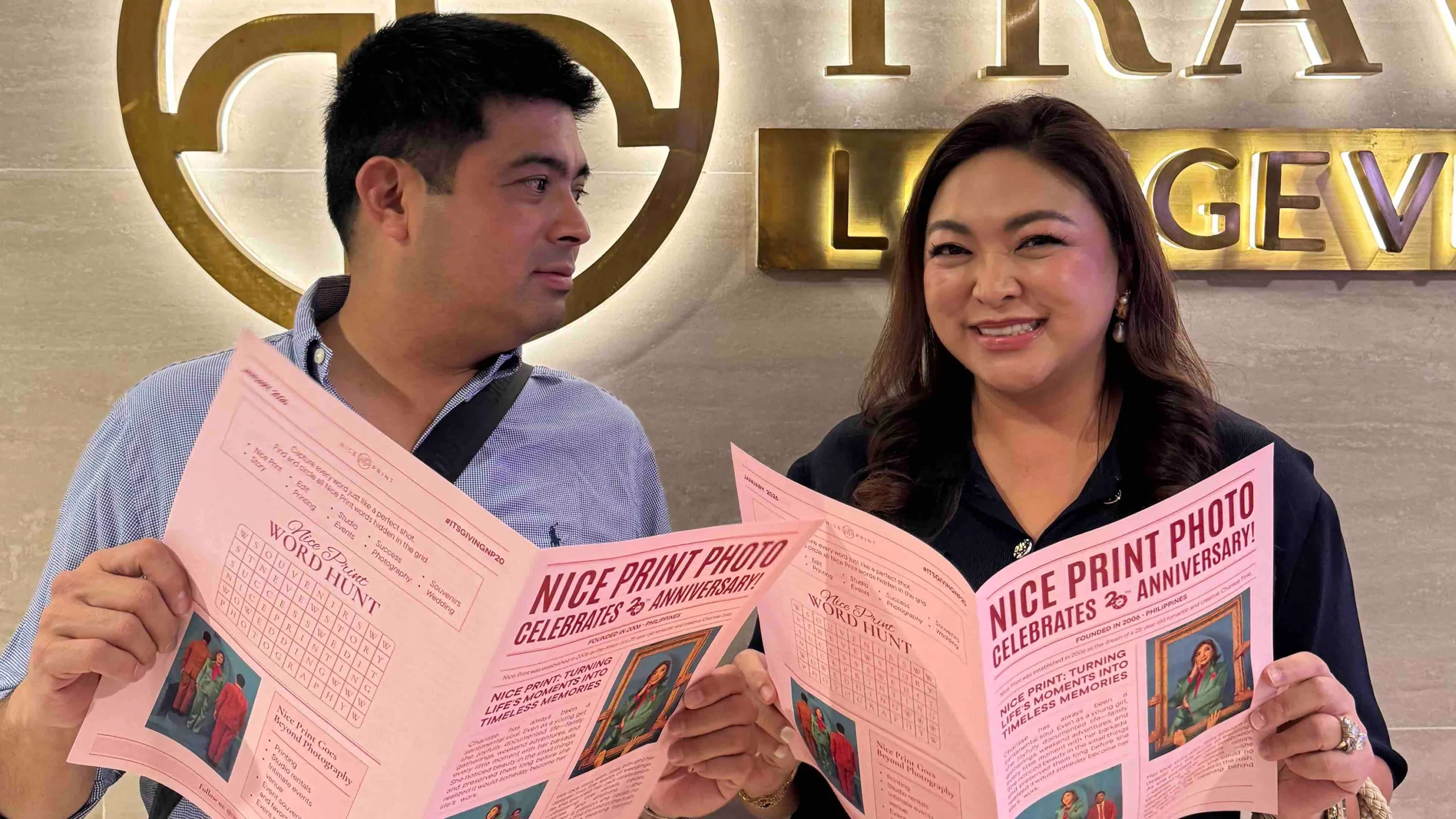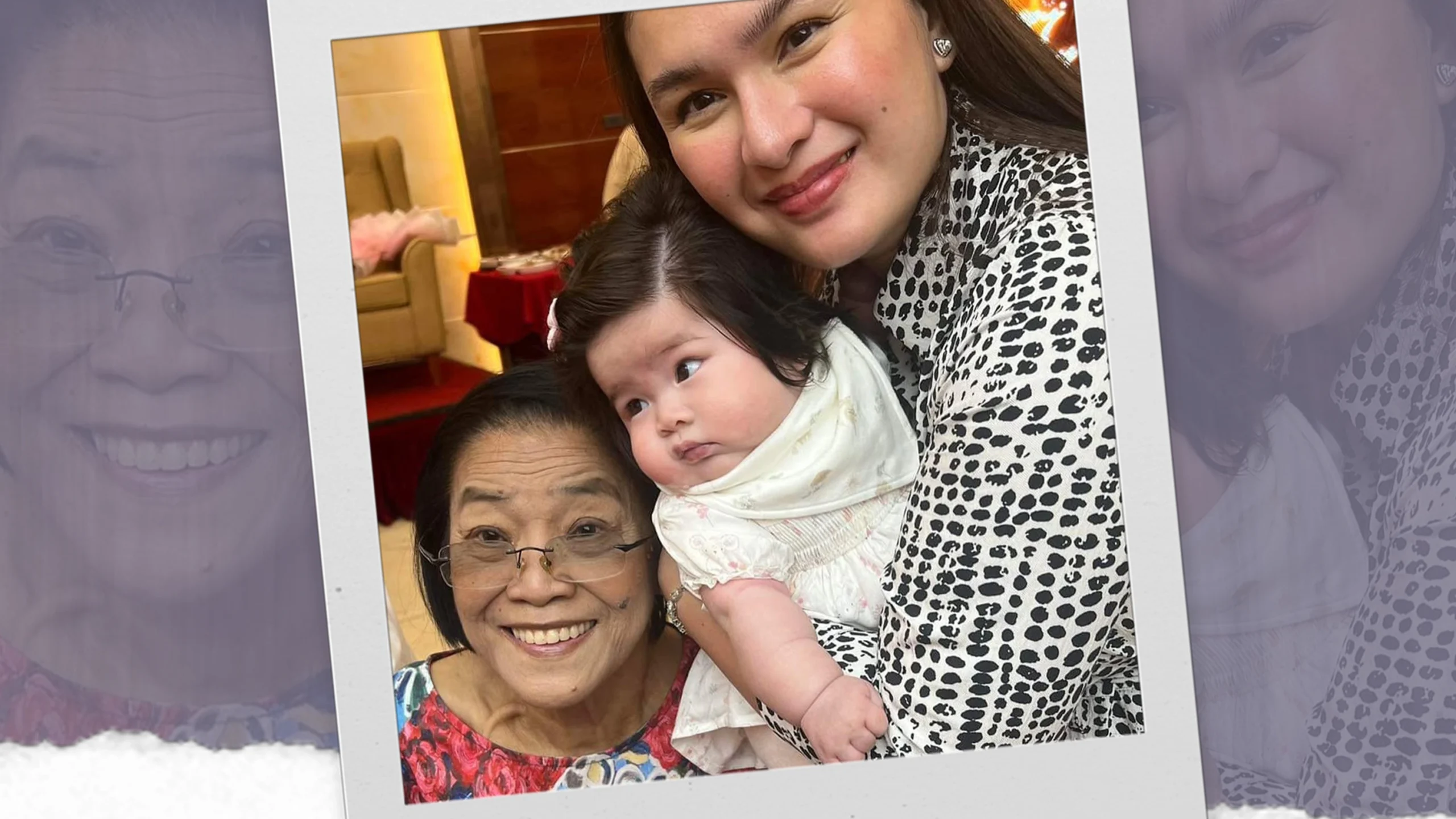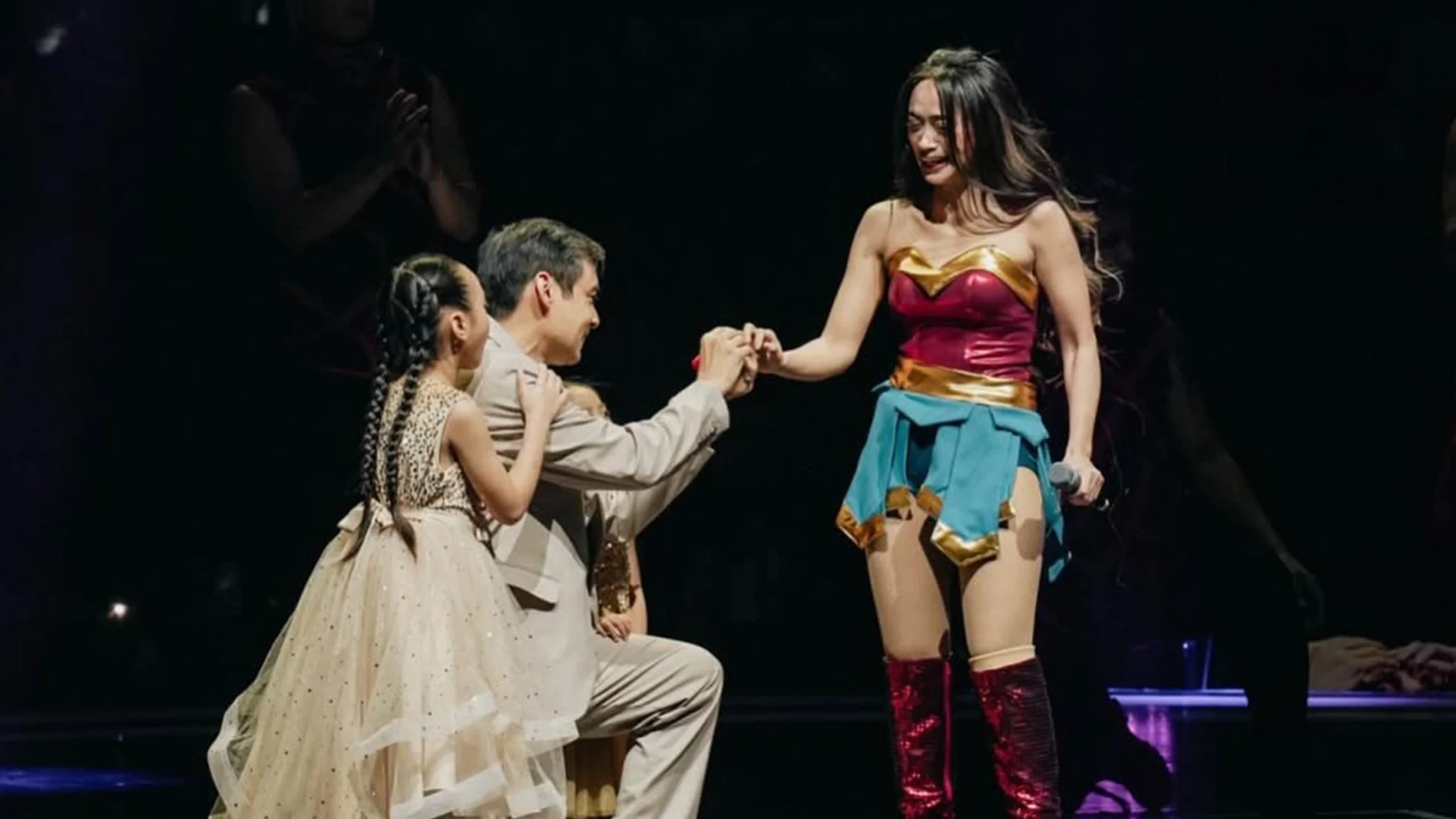Conscious Parenting: Redefining a Happy Home
Conscious parenting coach Kit Malvar Llamas walks parents through an intentional style of connecting with their children — and how it can help strengthen their relationships for life
This story about Conscious Parenting was written by Kit Malvar Llamas for Modern Parenting’s 2022 print edition.
My youngest daughter enjoys scrolling through our Google Photos bank, which takes us down a memory lane filled with stories. It is amazing how each one has grown and changed over months and years. It makes you just want to hug your children and let time stop!
There are two vulnerable videos: one in which she was filming herself narrating how there was yet another fight. And in the background, we could hear my husband shouting at our oldest daughter about homework. Another one was a chance video taken while we were eating, in which I was distracted by my phone while my eldest daughter was asking me a question. I simply replied, “No,” “Just finish your food,” and other random answers that weren’t even the ones she was asking. Oh, those videos were difficult to watch! My husband tried to ease our discomfort by jokingly responding, “That’s not my voice! I’m sure I never shouted at you when I was helping you with homework…me, I’m so patient!”
We both squirmed in discomfort.
I remember these moments when people ask me what makes conscious parenting different. I admit that I took my certification for conscious parenting from Dr. Shefali Tsabary, without thinking I needed it. Back then, I was even quite arrogant in thinking that since I’m a Certified Facilitator of the 7 Habits of Highly Effective People, a Gallup Certified Strengths Coach, and have been working with executives, parents, and children for the past 20 years through Camp Explore, I didn’t need this. It’s for my clients. Furthermore, the daily arguments and bickering at home are “normal,” so what is to change?
And I was so wrong.
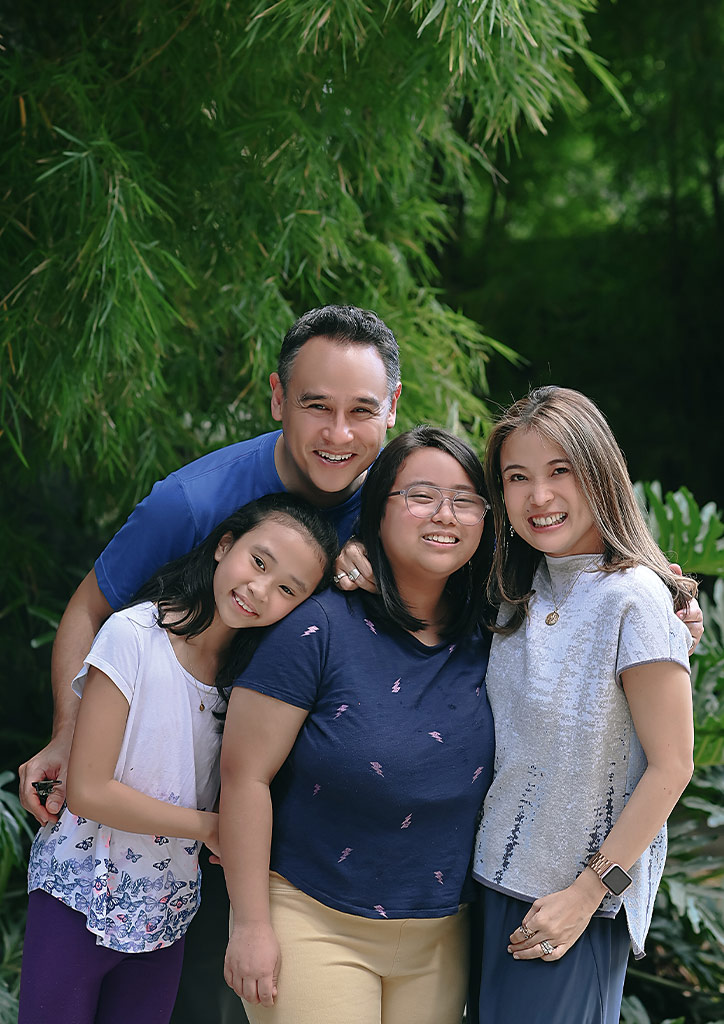
Connecting with Our Inner Child
Conscious Parenting helped me recognize my unconscious patterns, the emotional baggage that I was projecting onto my children, and my disconnect from my body. I understood why the talent theme of “empathy” (sensing emotions in others as if they were my own) and the “restorative” (solving problems and bringing things back to life) in Gallup’s Clifton Strengths assessment were in my blind spot.
Why my Maximizer (excellence, not average, is my measure) and Achiever (internal fire and need for achievement to finish projects) were at my top talent themes. These were my coping mechanisms and how I formed my belief systems.
I got my validation through my achievements and I shielded myself from painful events by not expressing my feelings or looking at the problem and just focusing on the things that are already working well and do it excellently so I can compensate or “escape” from my problems. This has become my “ego” and its worked well for me… until I had my own children.
How Conscious Parenting Needs Us To Look Within Oneself
Through conscious parenting (CP), I humbly realized that there are no external triggers. In CP, it is actually reparenting ourselves first. Our children do not trigger us. They don’t have that much power over us. Our kids mirror to us part of ourselves that needs tending and befriending. They remind us of the unmet needs of our inner child.
This brings us to what Dr. Gabor Mate calls “trauma”. It is not the event that happened to us but what happened inside us because of this event. There were times when we needed to feel safe, seen, heard, and accepted, but we didn’t receive them. Thus, trauma includes experiences that we needed but were not given. Safety is the presence of connection rather than the absence of threat.
How To Survive and Thrive According to Conscious Parenting
To literally survive, our non-negotiable need is “attachment” towards our primary caregivers, or parents. Some examples include being held, feeling gentleness, and being spoken to with love by our caregivers. There are reports that babies in orphanages do not survive because of the absence of attachment.
The other need for us to thrive is “authenticity” — the ability to freely express who we truly are. That is why babies do not check to see if their mothers are sleeping before crying. They won’t think twice about jumping in a puddle, or sucking their toes! Our kids are simply living life as it is, without fear or pretense. They are completely immersed in the present moment.
As children, the attachment will always triumph over authenticity. This is where our ego developed to protect our inner child. Dr. Russell, an anxiety specialist, referred to these traumas as “A.L.A.R.M.” (Abuse, Loss, Abandonment, Rejection, Mature Too Soon). The emotions associated with ALARM are stored in our bodies. So, when our children mirror our past experiences, it sets off the ALARM in our bodies, which sends signals of threat and wakes up the amygdala (portion of our brain) to either fight, flight, fix, fawn, or freeze.
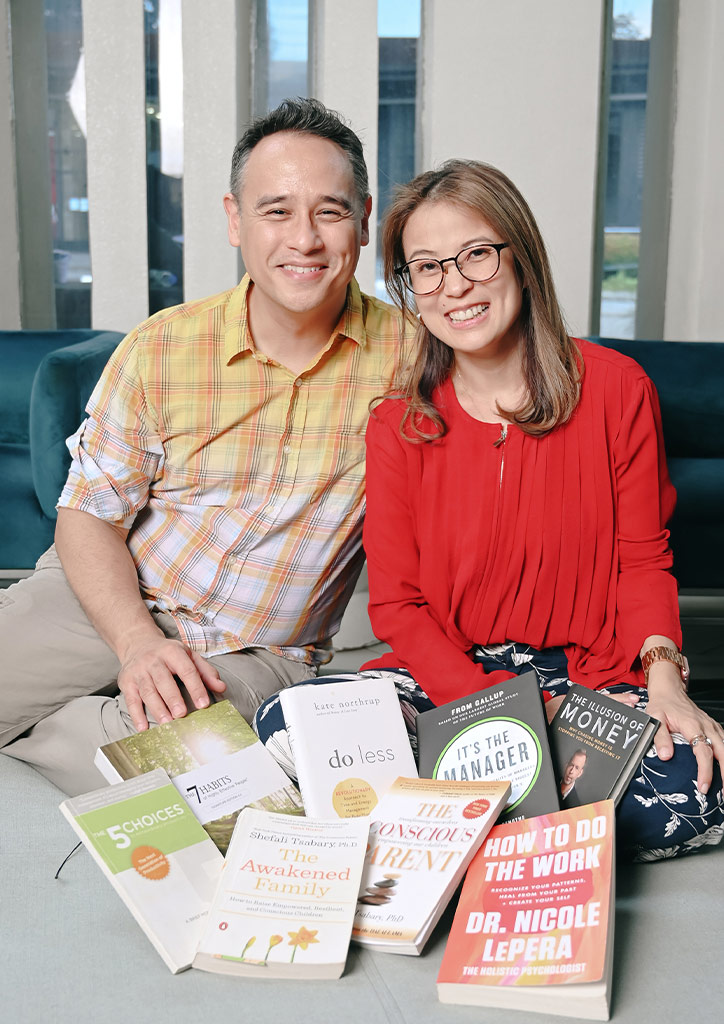
Riding out the trigger and reframing our approach
We get triggered when we see our children roll their eyes at us. This kind of situation brings us back to a past memory that is stored in our bodies. Our bodies produce sensations that make us feel the emotion of anger. Thoughts then are created to make sense of the anger. Such as, “my child is disrespecting me and this is not acceptable.”
It brings back conditioning we had as children and experiences we had when facing consequences for things that our parents deemed wrong. We all experienced this in our childhood. So we perceive disrespect when we see our children rolling their eyes at us. In CP, I learn to respond with curiosity and not take it personally. This is when we understand our past conditionings. That connection is what the child needs, not correction. And with that, we will not be reacting out of fear.
When our children trigger us, we will be able to reframe it when we practice CP: “It’s not your disobedience that is making me angry. It’s my lack of rest that’s making me angry. It’s not that you are not listening that’s annoying me; the noise that’s making me not able to listen to you.”
Our children reveal to us our open wound and set off the ALARM in our bodies. We become disconnected from the present moment and return to the past, becoming unconscious and incapable of feeling. When we have released and projected our pain, guilt and shame enter the picture.
Guilt can still be useful. It’s the part of us that admits we’ve done something wrong. It reminds us that we are human beings with flaws, and it functions as a “self-compassion check valve.”
But guilt can transform into shame and is a persistent overstayer. We were probably brought up in the same manner. When we made mistakes in the past, we were made to feel guilty, penalized and shamed even if we hadn’t been taught the skill expected of us yet. Therefore, that is what we also do to ourselves
Self-Compassion and Then Some
How can the cycle of perfectionism, fear, guilt, and shame be broken with conscious parenting?
Self-compassion with its triple ingredients: mindfulness, kindness, and oneness of humanity.
Mindfulness is being in the present moment. To achieve balance, we must choose where to direct our attention one moment at a time. You’ll be surprised at how much five minutes of undivided attention with our children is worth compared to five hours of divided, multi-tasking, and frenzied energy.
How to practice mindfulness? Some tools include breathwork, meditation, mindful movement, and vagal tone calibration such as chanting, singing, cold showers, drinking water, and nutritious meals. Mindfulness is the empathic witness to the waves of emotional pains. It creates the freedom for our children to create their own love story with life.
Self-kindness can be seen in our gaze, words, tone, and actions toward ourselves, especially when we make mistakes. We actively offer encouraging and unconditional acceptance to ourselves. It is loving ourselves with all of our flaws and strengths, dones and undones, achievements and failures.
Oneness of humanity is a sense of interconnectedness, acceptance, and humility that all humans will fail. Every moment of suffering is transformed into a moment of connection with another because we all experience pain. Every parent will project their pain onto their children. We all experienced childhood trauma.
These three aspects of self-compassion will not only benefit us as parents; but by demonstrating them, we are teaching our children how to love and be true to themselves without guilt. When we wallow in guilt and shame, we teach our children that they are not worthy unless they “suffer.” We don’t have to convince our children that we love them even when we are busy. We only need to connect with them, and they will see and feel their own worthiness as we model and embody it for them.
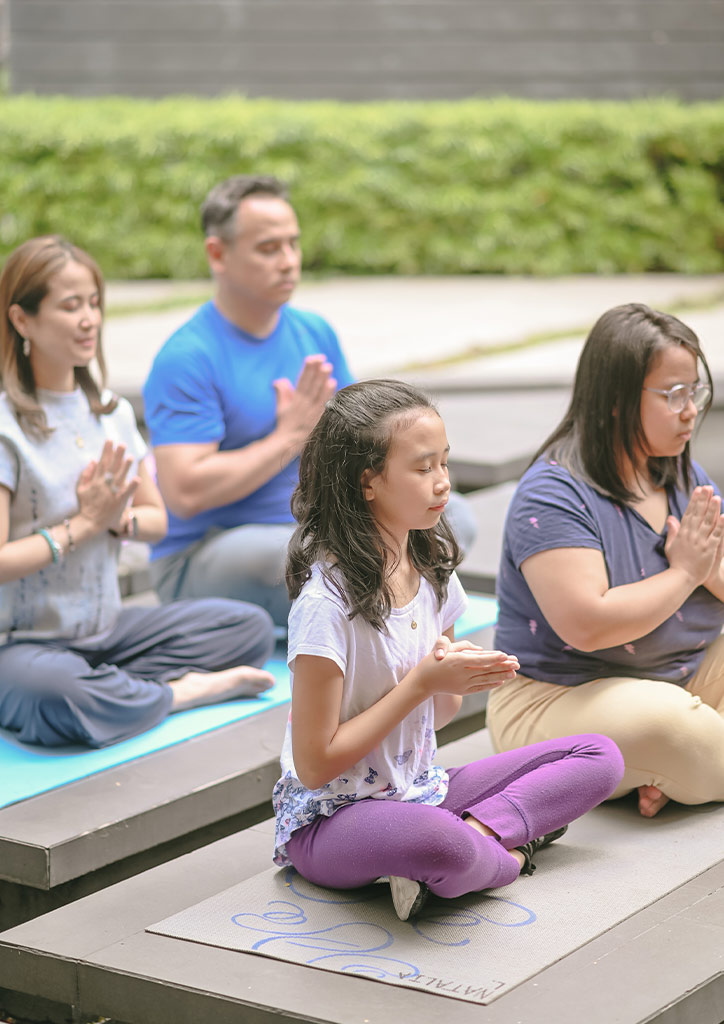
It’s time to be kind; not just to our kids but ourselves.
Conscious parenting allows us to love from self-love, communicate from self-awareness, and act from a place of healing.
When my husband and I started working on ourselves first, our daughters shared that they can “breathe freely” and “stopped hiding in corners.”. Can you imagine a home where everyone can be like this?
Now, I am more connected. Arguments are fewer. Repairs are faster.
We can scroll through memory lane again.
Keep calm, breathe, and be kind.
More about conscious parenting?
The Road to Conscious Parenting: Transforming ourselves to empower our children
Narcissistic Parenting: What It Is And How To Avoid It
A Good Quality for Any Parent is Being Attuned to Their Inner Child
